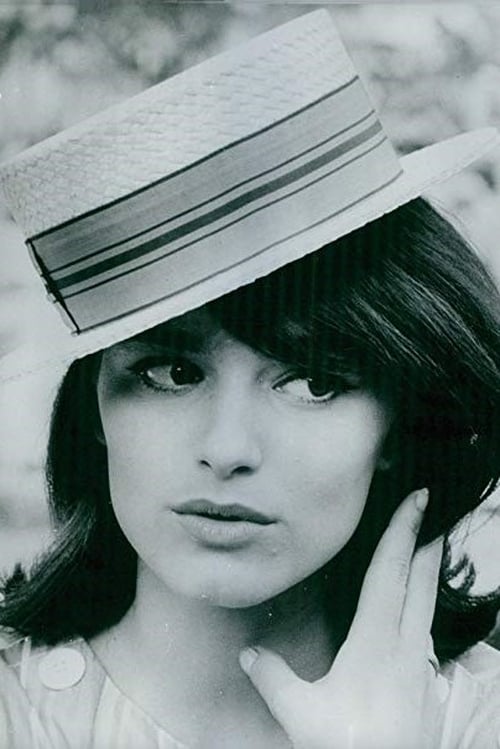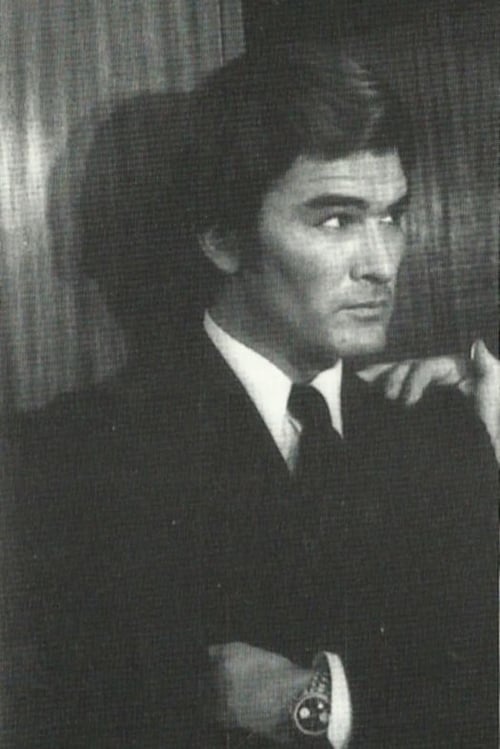Cada vez que... (1968)
Жанр : комедия, драма
Время выполнения : 1Ч 25М
Директор : Carlos Durán
Краткое содержание
Along with narrating the adventures and misadventures of its protagonists, the film presents a fresco of Spain in the 60s, with its rock music, fashion, and a visual style clearly indebted to the French New Wave.

Christian, an art critic, must write a study on the painter René Dimanche in order to understand why he did not produce anything for eight years. He asks his friend Ingrid to help him break through this mystery.

Filmed before his feature-length Arrebato, Zulueta’s Frank Stein is a personal reading of horror cult classic Frankenstein (1931), filmed directly from its television broadcast and reducing Whale’s original to only three packed and dizzying minutes, during which the film's sensitive monster evolves at an unusual rate.

A beautiful girl has an intense trip during which she transforms.

Ostensibly a non-narrative study of various aspects of a rural winter, this short film by one of modern Hungarian cinema’s greatest visual poets has all the spellbinding qualities of his better-known feature debut Sindbad (Szindbád, 1971), but here allied to a winning sense of humour that’s never quite allowed to detract from the haunting beauty of many of the images. The end of autumn is heralded by a few red leaves still clinging to a statue’s sculpted robes, while whip pans across the increasingly wintry landscape and close-ups of rippling water are given character by seemingly random freeze-frames and Zoltán Jeney’s electronic chirrups on the soundtrack. There are recurring shots of birds, migrating en masse, huddled by the icy water or lying individually dead, frozen stiff in the snow. So far Capriccio has been a reasonably generic mood piece, but then the snowmen arrive…

A Jewish family suffers persecution and suffering in the 16th century when they are accused of practicing witchcraft.

Pedro and Julian, two friends entomologists are in love the same woman, Adela, who decides to marry Peter. Julian attends the marriage, but acts against women as her own husband. The passion that unites the two friends, entomology, leads them to conclude a treaty. The woman, however, is not comfortable with the life she has lived and want to abandon them. Discovered that she suffers from the disease, makes men willing to please her in everything, without her knowing the reason for his change of attitude.
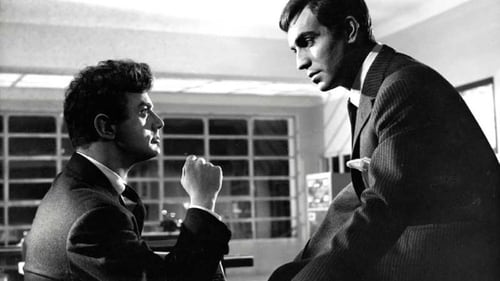
Alfredo is a cheerful party animal, son of a wealthy man. Alfredo's brother, a young very focused and mature boy, and their father try unsuccessfully to change the profligate lifestyle of Alfredo to remedy the dissolute life of the latter, which, by all indications, is clearly gay.

Bruno, a young traffic agent of the Spanish Guardia Civil, is abandoned by his wife after having an affair. Bruno, devastated, discovers one night, by chance, a strange passageway that leads him to another level of reality.
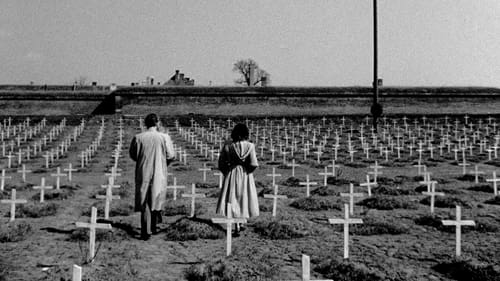
Prague, during World War II. Hana Kaufmann, a Jewish ophthalmologist, marries Dr. Antonín Bureš, a Christian man. When her family is sent to the Theresienstadt concentration camp, their romance turns into a struggle for survival.

Antonio and Concha, a couple who are constantly fighting about money, win the Christmas Lottery first prize. Concha, who is very bossy, starts making decisions about how they're going to spend it. But Antonio is fed up with her, he just wants to go to Brazil, lay in the sun, and never see her again. So he starts to plan how to get rid of her...
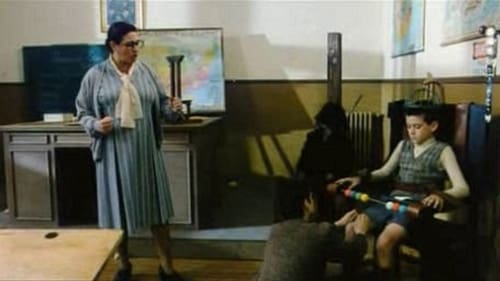
The teacher explains to her students, step by step and with full details and live examples, how are the different types of execution: the electric chair, the garrote, the gallows ..
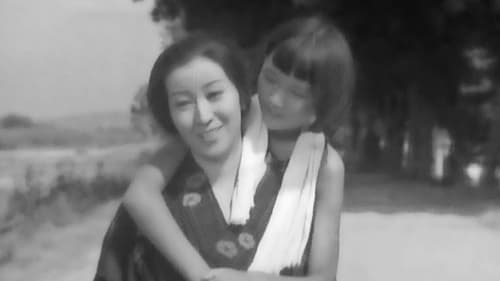
Two young girls, Nobiko and Tomiko, go to the same school. The less fortunate girl Nobiko is one of the top students, while the rich girl Tomiko is not. At one time Tomiko's father was quite fond of Nobuko's mother.
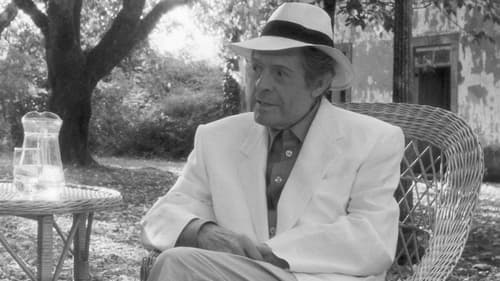
In 1996, Marcello Mastroianni talks about life as an actor. It's an anecdotal and philosophical memoir, moving from topic to topic, fully conscious of a man "of a certain age" looking back. He tells stories about Fellini and De Sica's direction, of using irony in performances, of constantly working (an actor tries to find himself in characters). He's diffident about prizes, celebrates Rome and Paris, salutes Naples and its people. He answers the question, why make bad films; recalls his father and grandfather, carpenters, his mother, deaf in her old age, and his brother, a film editor; he's modest about his looks. In repose, time's swift passage holds Mastroianni inward gaze.
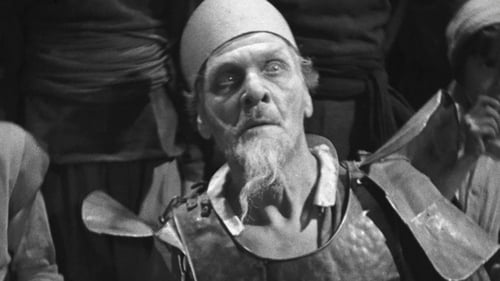
В Испании, ХIV веке, старый идальго по имени Дон Кихот сошел с ума от чтения, поглотив слишком много рыцарских книг. Провозгласив себя рыцарем, он излагает своему оруженосцу, Санчо Панса, идею реформации и возрождения эпохи рыцарства, провозгласив простую девушку своей благородной дамой Дульсинеей, ради которой он готов совершать подвиги… Георг Вильгельм Пабст снимал один и тот же фильм три раза, на трех языках. Данная версия фильма снята на французском языке, две остальных версии сняты на английском и немецком языках (немецкоязычная версия считается утерянной).

Стареющий мужчина возвращается к воспоминаниям тридцатилетней давности. Лирическая история о первой любви, смерти и жизненных разочарованиях. Лучший фильм классика чешского кино Отакара Вавры, из снятых им после 1948 года.

Portrayal of a talented, influencial and troubled artist: a filmmaker who fought his own demons and seemed to live his own legend like no other director. Against all odds Sam Peckinpah was able to create a very personal body of work in the studio system of Hollywood and with his powerful directing and editing style changed the way of filmmaking forever. Legendary for his use of slow-motion violence, various scandals and his ongoing problems with sudios and producers, the story of Peckinpah is filled with tragedy, humor, success and defeat.

At the world premiere of "Gertrud" in Paris, December 1964, Dreyer is greeted by many celebrities of the French cinema: Clouzot, Langlois, Truffaut, Godard, Anna Karina. Afterwards Dreyer delivers short comments on the style of each of his films.

Come take an avant-garde walk in the Montparnasse of the late 1920's. This district of Paris, filmed in a most unusual way, shows how dedicated it is to art. Visit its art galleries and exhibitions, take a glimpse of famous painter Fujita, of Luis Buñuel eyeing the legs of beautiful Parisian passing the terrace of the café where he sits, of Italian futurists Marinetti, Prampolini and Russolo.

Award-Winning filmmaker Paul Leduc (Frida, Naturaleza Viva, Reed: Insurgent Mexico, Barroco) directed this gritty musical drama about life in the ghettos of Mexico City during the 1980s. With a soundtrack of Mexican rock music, the camera takes the viewer through the streets, to rock concerts, and to the bars and clubs, where he exposes the hunger, repression, unhealthy conditions and violence in the marginal communities of Mexico's capital city.
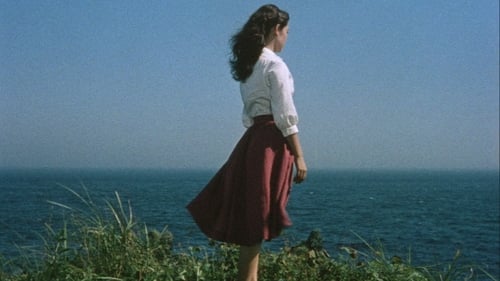
Восемнадцатилетняя Юко должна переехать в Токио к отцу и своей семье, с которой почти не знакома. Драма накаляется, когда бабушка перед смертью признается Юко, что её мать ей не родная. Неудивительно, что в доме родного отца девушку принимают очень холодно.
